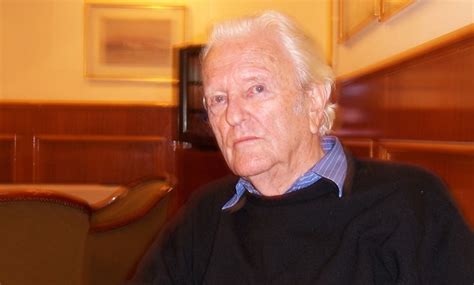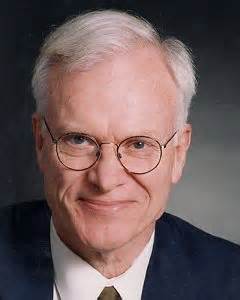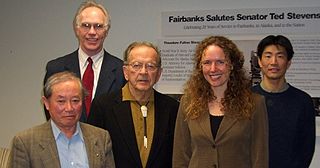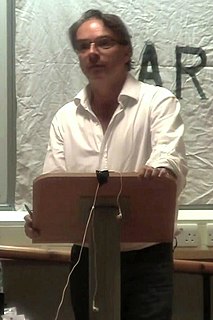A Quote by Eric A. Havelock
Over the years, I have become convinced that Hellenism as a culture represents not a static condition of uniform sublimity mysteriously achieved and maintained as an effect of some racial advantage. Rather it should be understood as an evolving process, governed by a dynamic of change, as both language and thought underwent transformational alteration caused by a transition from orality to literacy. The instrument of change is discerned to be the invention of the Greek alphabet, at a quite late stage in the history of developing cultures.
Quote Topics
Achieved
Advantage
Alphabet
Alteration
Become
Both
Caused
Change
Condition
Convinced
Culture
Cultures
Developing
Dynamic
Effect
Evolving
Governed
Greek
Hellenism
History
Instrument
Invention
Language
Late
Literacy
Maintained
Over
Process
Quite
Rather
Represents
Should
Some
Stage
Static
Sublimity
The History Of
Thought
Transition
Understood
Uniform
Years
Related Quotes
I recognize thart even you, yourself, will change. Your ideals will change, your tastes will change, your desires will change. Your whole understandings of who you are had better change, because if it doesn't change, you've become a very static personality over a great many years, and nothing would displease me more. And so I recognize that the process of evolution will produce changes in you.
Our intellectual powers are rather geared to master static relations and that our powers to visualize processes evolving in time are relatively poorly developed. For that reason we should do (as wise programmers aware of our limitations) our utmost to shorten the conceptual gap between the static program and the dynamic process, to make the correspondence between the program (spread out in text space) and the process (spread out in time) as trivial as possible.
Cultural diversity and cultural change are desirable and inevitable. We are cultural animals, someone without a culture is not human. But the cultures we possess vary enormously. Indeed, the variability, over time and space is the great evolutionary advantage of humanity. Instead of changing biologically over millennia, human beings can change culturally over decades
Modern Arabic literature achieved international recognition when Mahfouz was awarded the Nobel prize in 1988 (.....) Mahfouz also rendered Arabic literature a great service by developing, over the years, a form of language in which many of the archaisms and cliches that had become fashionable were discarded, a language that could serve as an adequate instrument for the writing of fiction in these times.
It isn't the changes that do you in, it's the transitions. Change is not the same as transition. Change is situational: the new site, the new boss, the new team roles, the new policy. Transition is the psychological process people go through to come to terms with the new situation. Change is external, transition is internal
Change is situational. Transition, on the other hand, is psychological. It is not those events, but rather the inner reorientation or self-redefinition that you have to go through in order to incorporate any of those changes into your life. Without a transition, a change is just a rearrangement of the furniture. Unless transition happens, the change won't work, because it doesn't 'take'.
The link between literacy and revolutions is a well-known historical phenomenon. The three great revolutions of modern European history -- the English, the French and the Russian -- all took place in societies where the rate of literacy was approaching 50 per cent. Literacy had a profound effect on the peasant mind and community. It promotes abstract thought and enables the peasant to master new skills and technologies, Which in turn helps him to accept the concept of progress that fuels change in the modern world.
Every revolution begins as consciousness because some group of people has to imagine change. You have to have the idea of change or at least have a hope before you can proceed. And that stage goes very quickly because a contagion of consciousness is within your control. But when you get to the stage of institutional change, it becomes a much slower process.
Two years gives you enough time to grow and to change, and to, you know, change your priorities. Change where you live, change your hair, change what you believe in, change who you hang out with, what’s influencing you, what’s inspiring you. And in the process of all of those changes in the last two years, my music changed.
No civilisation, not even that of ancient Greece, has ever undergone such a continuous and profound process of change as Western Europe has done during the last 900 years. It is impossible to explain this fact in purely economic terms by a materialistic interpretation of history. The principle of change has been a spiritual one and the progress of Western civilisation is intimately related to the dynamic ethos of Western Christianity, which has gradually made Western man conscious of his moral responsibility and his duty to change the world.
































